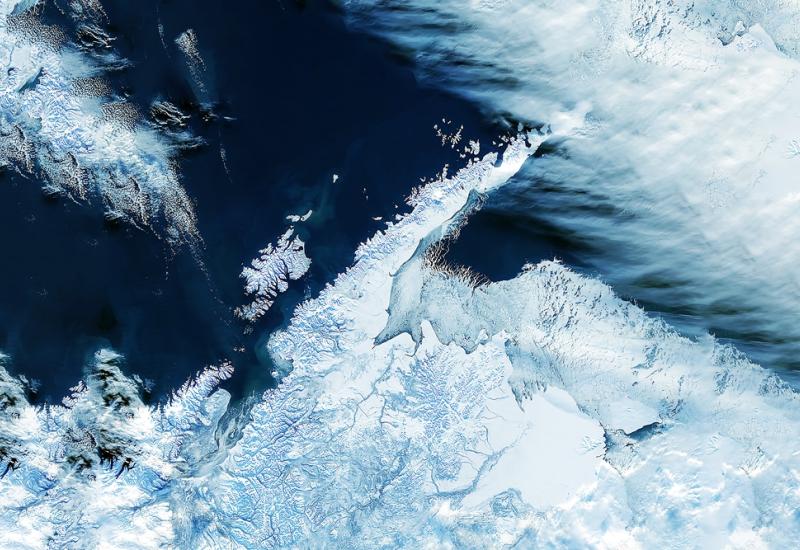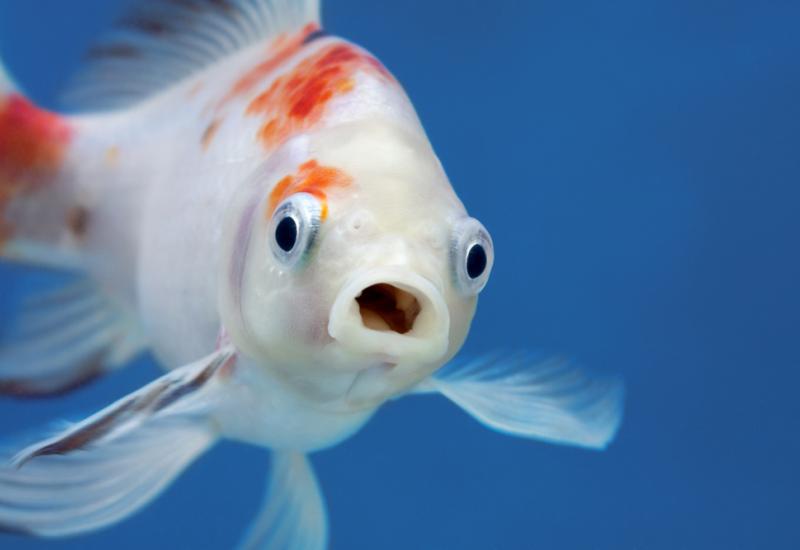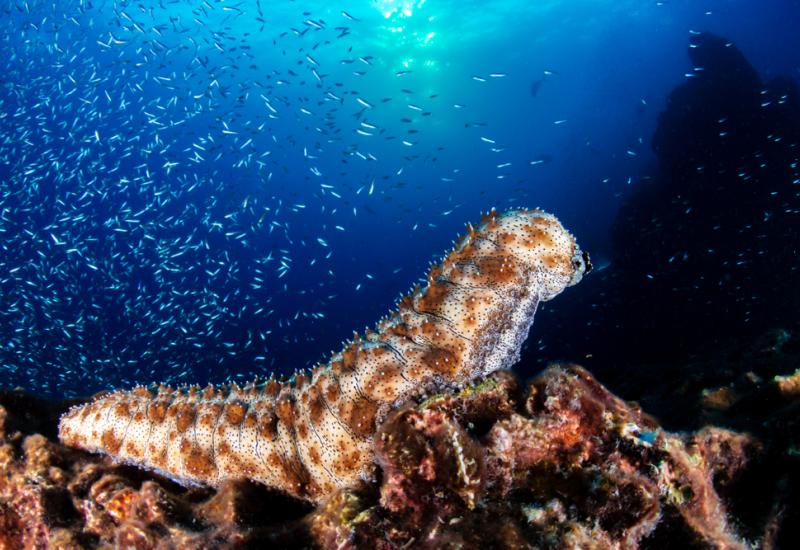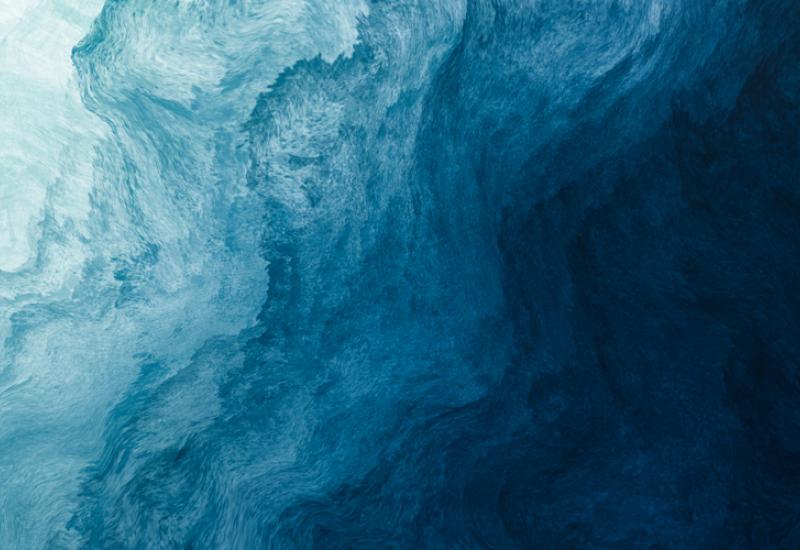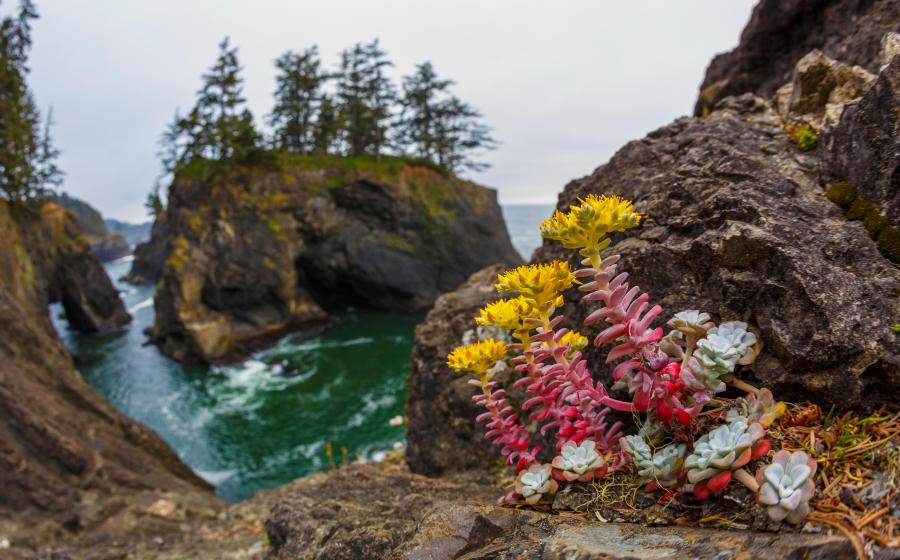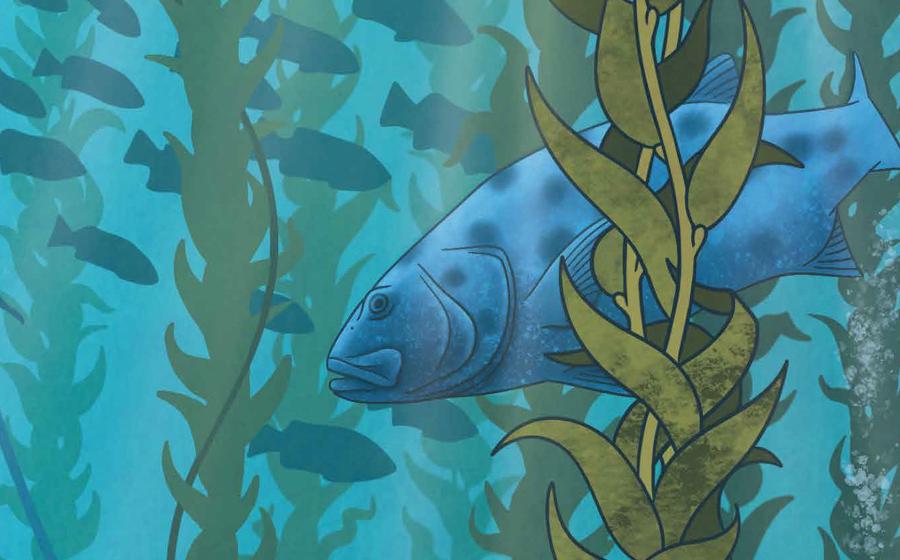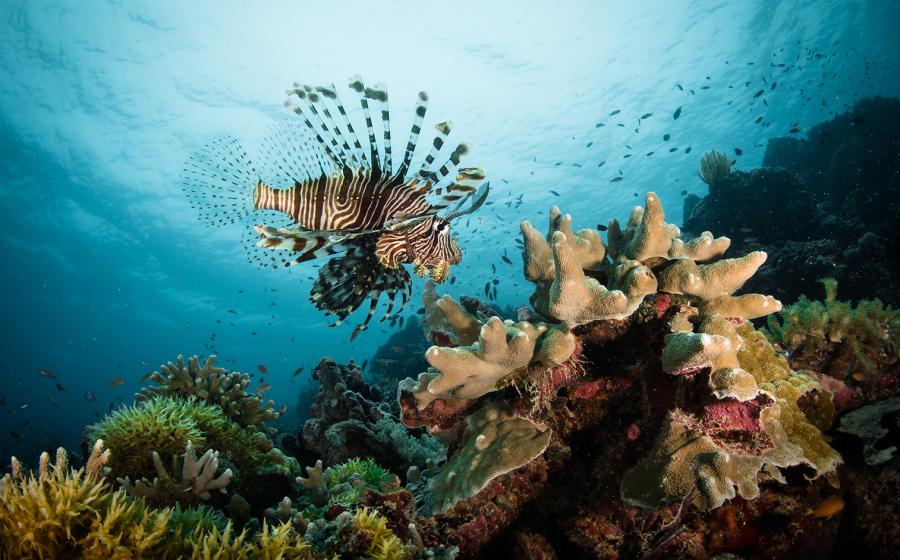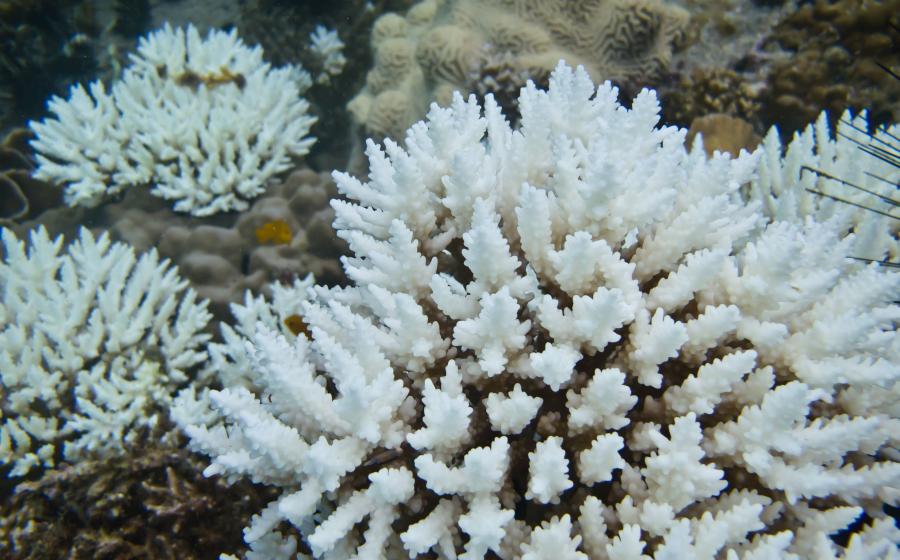What Can You Do With a Degree in Marine Biology?
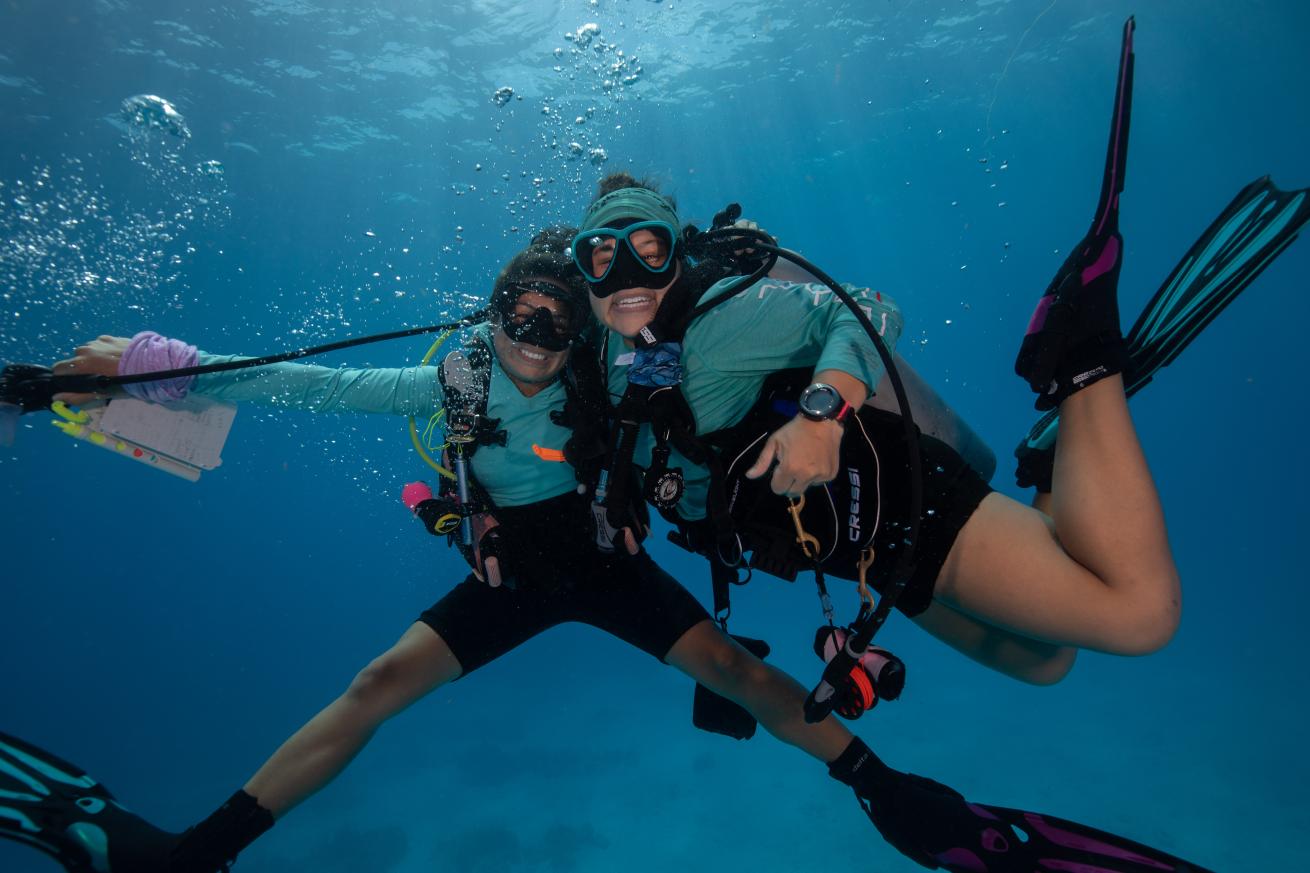
Kristin PaterakisThere are many career paths for marine biology graduates, including working for universities, government agencies or environmental non-profit organizations.
Q: What can you do with a degree in marine biology?
Answer: A marine biology degree lets people do much more than the traditional marine biology research career. I’m not just talking about people who pursue work outside of their training—though I know two people with PhDs in marine biology who currently run dog day care establishments…
Most marine biologists are employees of universities, government agencies or environmental non-profit organizations.
What people tend to imagine when they think of a marine biologist, is often a researcher who studies any of the amazing critters that call the ocean home, with the goal of gathering data and publishing scientific research papers.
A traditional marine biologist like this typically has a Ph.D. and works for a college or university, where they likely also teach courses and mentor students. Those with a bachelor's degree in marine biology may work as a field- or lab-technician or assistant, as part of a project run by a university-employed Ph.D. marine biologist.
Related Reading: Ask a Marine Biologist: Why Are Polar Ocean Animals Giant?
If you want to pursue scientific research but don’t love the academia lifestyle, there are some alternative career pathways. Many environmental non-profit organizations that focus on ocean conservation employ staff scientists, sometimes in a research capacity or sometimes doing other tasks I’ll describe below.
State-level and Federal-level natural resource management agencies like the National Oceanic and Atmospheric Administration (NOAA), the U.S. Fish and Wildlife Service and the Florida Fish and Wildlife Conservation Commission also employ staff scientists. One key difference about doing research for a non-profit or government agency is that your research areas are restricted by the organization’s mission, whereas a path in academia allows for more freedom to choose what you study.
If you are most interested in conservation and management, there are other jobs that a staff scientist at an environmental non-profit may get to do, like briefing the organization’s advocates to make sure that they fully understand the technical and complex issues they’re addressing.
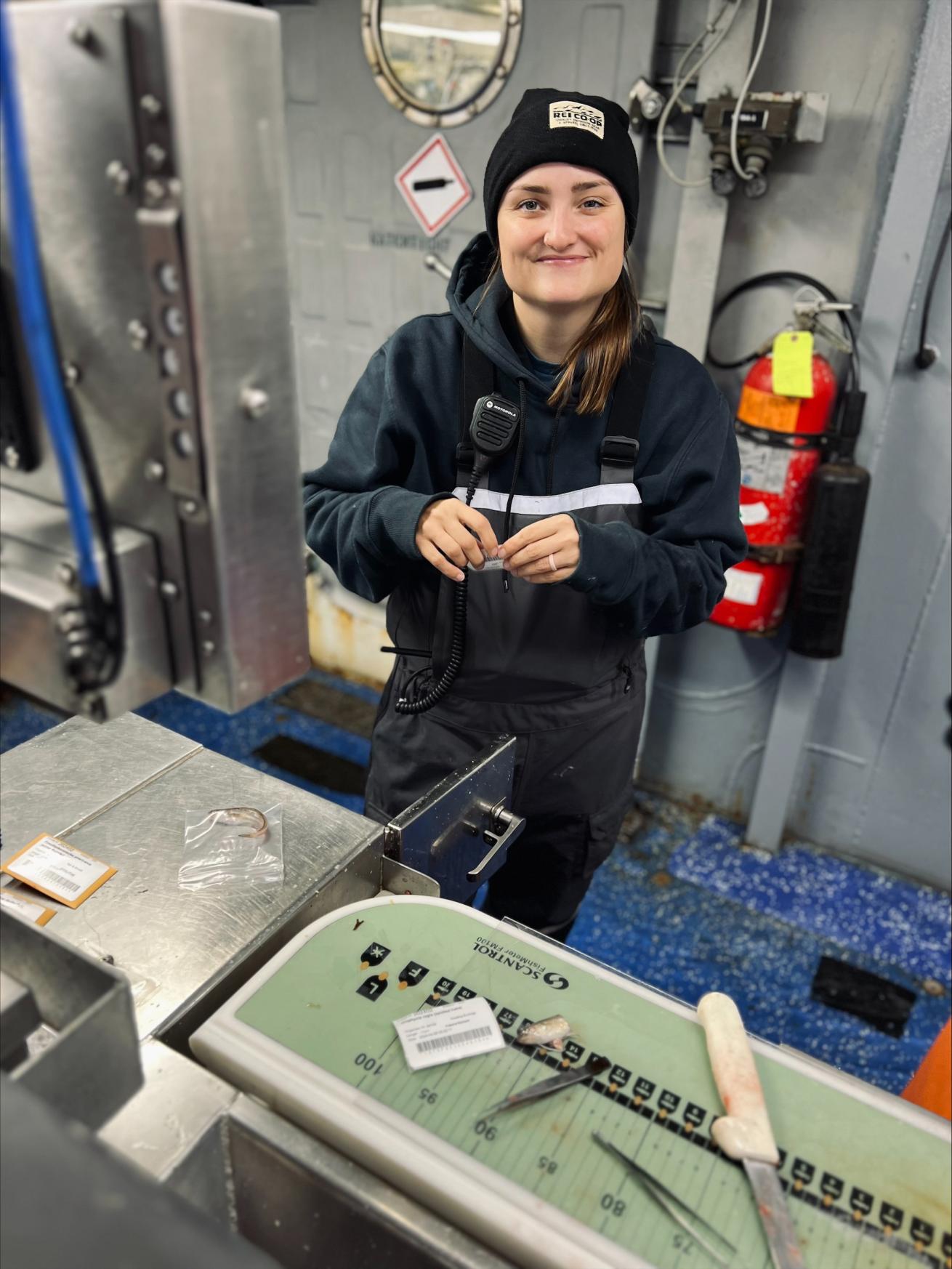
Courtesy Gretchen KruizengaNOAA survey technician Gretchen Kruizenga.
Or, you could also become an environmental advocate for a non-profit. From the management side, strong background knowledge of the biology of fishes and other marine life would help you to work for a natural resources management agency as a fisheries manager or endangered species policy regulator, or many other similar roles.
If you love being out on the water and collecting data, another option is to work as a fisheries observer, documenting what commercial fishermen catch to ensure that they’re following all relevant regulations.
While this job can be isolating (and sometimes dangerous), it pays well and is a good entry level position for the right candidates.
Related Reading: Minorities in Shark Sciences Makes Marine Biology and Conservation Accessible to All
Additionally, offshore energy companies, and the environmental consulting firms they hire to ensure they follow relevant environmental laws, are increasingly hiring people with marine biology training. If you love the boat operation aspects and want to be on the water while still helping with research, working for the NOAA Corps or joining the crew of a University-National Oceanographic Laboratory System research vessel are two options.
To learn more about career opportunities, check out the following job boards:
Florida Sea Grant Marine Internship and Job Posts
Ask a Marine Biologist is a monthly column where Dr. David Shiffman answers your questions about the underwater world. Topics are chosen from reader-submitted queries as well as data from common internet searches. If you have a question you’d like answered in a future Ask a Marine Biologist column, or if you have a question about the answer given in this column, email Shiffman at [email protected] with subject line “Ask a marine biologist.”

Courtesy David ShiffmanImage of David Shiffman
Dr. David Shiffman is a marine conservation biologist specializing in the ecology and conservation of sharks. An award-winning public science educator, David has spoken to thousands of people around the world about marine biology and conservation and has bylines with the Washington Post, Scientific American, New Scientist, Gizmodo and more. Follow him on @WhySharksMatter on Twitter, Facebook and Instagram, where he’s always happy to answer any questions about sharks.
The views expressed in this article are those of David Shiffman, and not necessarily the views Scuba Diving magazine.

